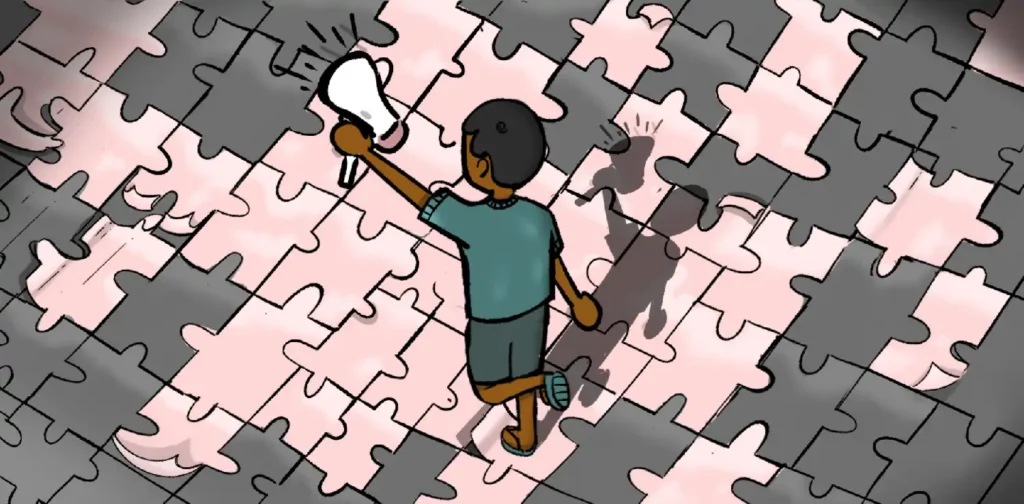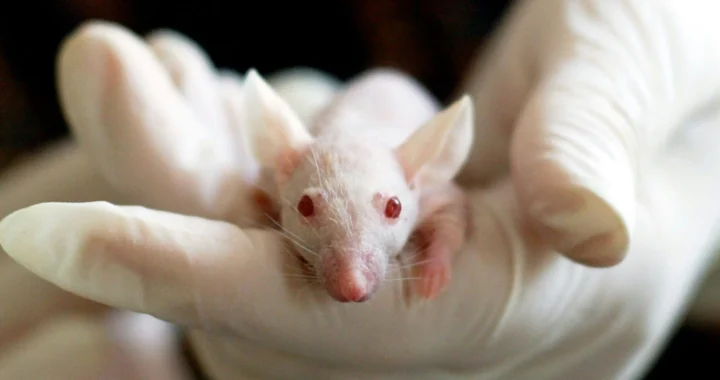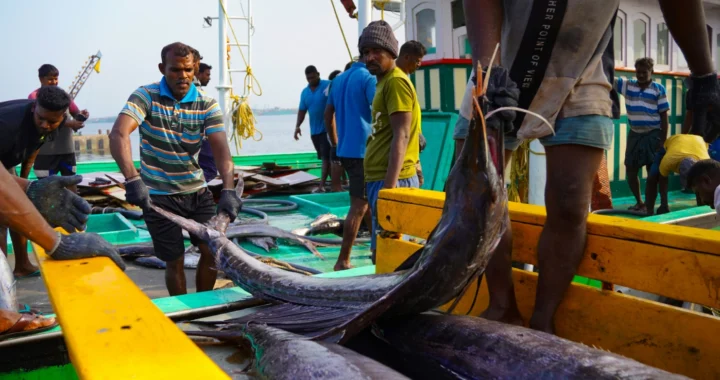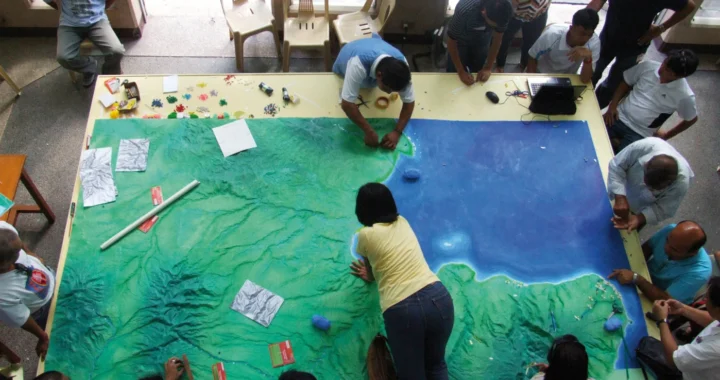Stop Child Labour in Asia: Place Children at the Centre

Illustration by Irhan Prabasukma.
Children are the future. Unfortunately, they are also highly vulnerable, especially to exploitation in child labour. In line with achieving the Sustainable Development Goals for a better future, ending child labour in Asia and beyond remains a priority.
Child Labour in Asia
Child labour is a complex, systemic problem caused by a web of interconnected root causes. In the Asia region, intergenerational poverty, disadvantaged socio-economic structures, lack of educational opportunities, migration, displacement, and emergencies push children as young as 4 years of age into work—often, hazardous work. Further vulnerabilities, such as gender, disability, and ethnicity, increase the child’s risk of being exploited for labour.
According to the International Labour Organization, more than 122 million children, between the ages of 5 and 14, are engaged in child labour across the Asia Pacific region. The scale of this problem calls for a multi-pronged and sustainable solution. At Terre des Hommes Netherlands, we believe that the heart of this solution lies in actively listening to the voices of children in concern – understanding their experiences, opinions, struggles, and the changes they want to see.
Placing Children at Centre
To achieve this, we believe in actively amplifying children’s voices through relevant and effective platforms. As part of Terre des Hommes Netherlands’ efforts in the Asia region, these platforms include community-level children’s clubs, community watch groups, child-friendly local government mechanisms, and local child protection institutions and forums. Through these forums, we educate and empower children to enable solutions which translate into systemic changes that address the root causes of child labour in relevant contexts.
For instance, as part of our work to address child labour in the mica mines of India, at-risk children from 65 children’s clubs have been instrumental in taking around 4,700 children out of child labour by learning to exercise their rights at the family, community, and institutional level. Adolescent girls as children club leaders have successfully advocated for the installation of functional early childhood learning (ECE) centres or anganwadis, a local term for ECE centres. In 2023, this has contributed to around 1,200 children from 3 to 6 accessing early learning. Without early learning centres, children are highly likely to be taken to the mines to accompany their parents.
In the Western Visayas in the Philippines, Terre des Hommes Netherlands builds the capacities of children to exercise their rights which in turn supports the local government and service providers in developing and executing a comprehensive child-centred plan that prevents and protects children from the worst forms of child labour. This has contributed to the establishment of the Iloilo City Council Against Child Labor (ICCACL), a forum that actively works to protect the rights of children.
Another example is our Child and Youth-led platform under our efforts to end hazardous child labour in slum-dwelling communities of Bangladesh. The platform has successfully withdrawn children from the worst forms of child labour mostly in daily wage earning, mainstreamed them into formal education, and improved the code of conduct at the informal factories in the vicinity. The forum has also been instrumental in activating a Child Welfare Board which is responsible for ending child labour as per the Child Labour Elimination Policy.
The Path Forward
While placing children at the centre of child labour interventions, we also encourage duty bearers to express zero tolerance for child labour and champion accountability to the respective commitments against child labour.
Despite our efforts, the continuing persistence of child labour and exploitation poses a huge threat to child well-being in Asia. Child labour has severe, short and long-term consequences. In time, they will have a spillover impact resulting in further inequities, inequality, imbalanced power structures, and social unrest in this region.
We believe that the solution lies in interventions where children’s voices are prioritised. Terre des Hommes Netherlands cannot stop child labour alone. We need to actively partner with like-minded stakeholders to achieve the United Nations Sustainable Development Goal 8 to eliminate child labour by promoting inclusive and sustainable economic growth, employment, and decent work for all.
Together we can stop child labour in Asia. Join us on our journey! Email us at [email protected]
Terre des Hommes Netherlands is a global child rights organisation fighting against worst forms of child labour, sexual exploitation of children, and ensuring humanitarian action. The organisation works in Asia, Africa, the Middle East and Europe.
In Asia, Terre des Hommes Netherlands implements projects in Bangladesh, Cambodia, India, Nepal, Thailand and the Philippines with a humanitarian action project in Afghanistan, having reached around 57,000 children at risk in 2023 in the implementing countries.
For more information on Terre des Hommes Netherlands in Asia write to Mahima Sashank, Regional Communications Adviser Asia at [email protected]
Follow Terre des Hommes Netherlands in Asia on LinkedIn, Facebook, and Instagram.
Editor: Nazalea Kusuma

Join Green Network Asia Membership
Amidst today’s increasingly complex global challenges, equipping yourself, team, and communities with interdisciplinary and cross-sectoral insights on sustainability-related issues and sustainable development is no longer optional — it is a strategic necessity to stay ahead and stay relevant.


 Exploring Technological Advancement to Replace Animal Testing
Exploring Technological Advancement to Replace Animal Testing  Addressing Overconsumption for Transformational Changes
Addressing Overconsumption for Transformational Changes  Global Reform on Fisheries Subsidies Signals a Hopeful Shift Toward Ocean Sustainability
Global Reform on Fisheries Subsidies Signals a Hopeful Shift Toward Ocean Sustainability  A Major Cause of Changing Rainfall Patterns
A Major Cause of Changing Rainfall Patterns  Strengthening Disaster Risk Governance at Local Levels
Strengthening Disaster Risk Governance at Local Levels  Recognizing the Role of Local Communities in Biodiversity Conservation
Recognizing the Role of Local Communities in Biodiversity Conservation